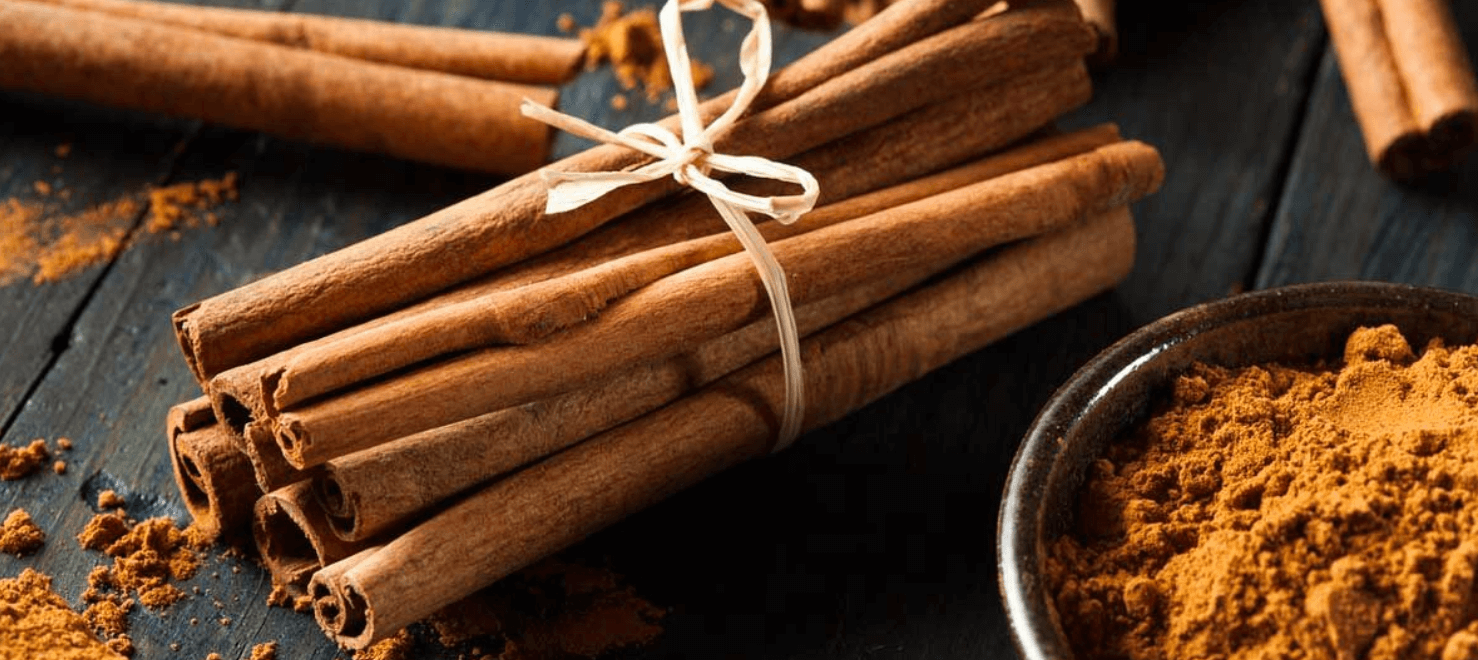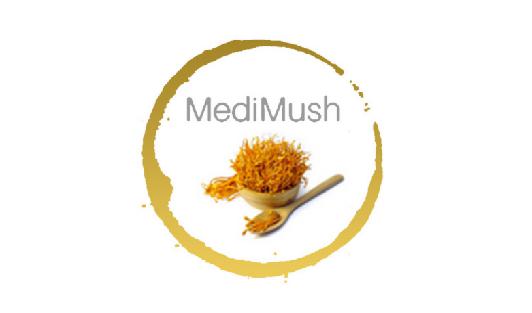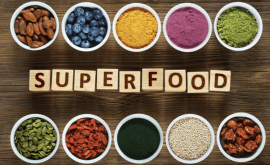Why Supermarket Herbs and Spices Like Cinnamon are Bad for Health

Not all herbs and spices are equal. It is easy to think that they are, as the processes that they are put through are not listed on the packaging, nor are the details of where they are sourced.
Let’s use cinnamon as an example, as it is considered extremely good for you.
Cinnamon has many health benefits; what is less commonly known is that these benefits depend on the quality of the cinnamon, which varies greatly according to the source.
Ceylon cinnamon is the kind that has the most health benefits. However, this is not often the one found on supermarket shelves. This kind is known as cassia cinnamon or Saigon cinnamon.
The latter can actually be detrimental to health, inflicting harm on the liver if consumed excessively.
As this is not common knowledge, many unsuspecting health-seekers are loading up their foods and beverages with potentially dangerous substances.
Cassia or Saigon cinnamon costs less to produce and is sourced from an entirely different kind of tree than the Ceylon variety. Ceylon cinnamon normally comes from India, Sri Lanka, Madagascar, Brazil and the Caribbean. Cassia and Saigon come from Indonesia, China and Vietnam.
What makes one cinnamon healthy and the other not?
One of the major differences in the coumarin content; there is much less of this in Ceylon cinnamon than there is in the cheaper varieties.
Coumarin thins the blood so can actually be quite dangerous for those with low blood pressure, or people who are on blood-thinning medication already.
On top of this, it toxifies the liver when consumed in excess. Excess is considered to be anything over 0.1mg per kilogram of your body weight.
For a person of average weight (say 70kg), this means no more than a fifth of a teaspoon per day, which is way less than your average cinnamon lover would add to their food; especially those that are seeking health benefits.
For those seeking health benefits from their cinnamon, it would be sensible to seek out quality Ceylon cinnamon from a health food store.
It comes in a few different names, so you would need to check the label for ‘true cinnamon’, ‘Cinnamomum verum’, or of course ‘Ceylon cinnamon.
How can you tell the difference between cinnamon types?
Ceylon cinnamon is usually more expensive, and you can tell the difference by the colour and the taste; the dark red/brown variety on your supermarket shelf can be quite aromatic and have a strong, spicy flavour, whereas the Ceylon is typically a lighter colour and is milder, with a sweet, pleasant taste.
On top of this, the cheaper varieties of most herbs and spices have been irradiated and may contain pesticides and toxic preservatives.
The organic label means a lot. Some people buy the sticks rather than the powder, so there are other differences to look out for in this case.
Ceylon cinnamon sticks tend to curl in a circular direction, and, like the powder, the sticks are lighter in colour than the cheaper varieties.
How can quality cinnamon help your health?
When cinnamon is healthy, you can get so many nutrients from it. For example, it contains plenty of iron, fibre, calcium and manganese; the latter two promote bone health and the metabolism of carbohydrates and fats.
On top of this, cinnamon is antibacterial, anti-inflammatory, antifungal, and antiviral, so it can help promote a healthy immune system and fight any unwelcome pathogens in the body.
It is thought to prevent Alzheimer’s disease and diabetes, as it helps lower glucose levels in the blood and improve insulin response.
Supermarket herbs and spices contain other hidden dangers
Cinnamon is not the only spice that is not what it seems in your local supermarket. You should pay attention to the quality of all you see on the herb and spice shelf; many of these products have been irradiated.
This means they have literally been exposed to radiation; in other words, heat-treated to such an extent that the nutrients have been negatively affected.
Irradiation is done ostensibly to kill bacteria, but bacteria are not the only things irradiation kills; this process also destroys the natural enzymes and vitamins found in the untreated product.
On top of this, many of the preservatives used can be harmful to our health. Sodium benzoate is one such preservative found in many commercial spices.
This is an anti-fungal and anti-bacterial agent, but it also raises the acidity levels in the herbs and spices to prevent microbes and fungi from growing in them.
The problem with this is when sodium benzoate stays in the product unused, it can turn into what is called benzene, which is carcinogenic to human beings over time.
Excessive acidity is never a good thing for the human body and is, in fact, one of the major reasons behind poor health.
These herbs and spices can also contain other disease-promoting carcinogenic byproducts and free radicals. Some of these chemicals have actually been banned in Europe, but you can still find them lurking in your non-organic herbs and spices.




